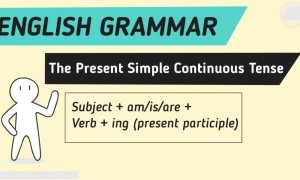虚实篇 NO.5:
故知战之地,知战之日,则可千里而会战;
不知战之地,不知战日,则左不能救右,右不能救左,前不能救后,后不能救前,而况远者数十里,近者数里乎!
以吾度之,越人之兵虽多,亦奚益于胜哉!
故曰:胜可为也。
敌虽众,可使无斗。

这句啥意思:
所以,既预知与敌人交战的地点,又预知交战的时间,即使行军千里也可以与敌人交战。
不能预知与敌人交战的地点,又不能预知交战的时间,仓促遇敌,就会左军不能救右军,右军不能救左军,前军不能救后军,后军不能救前军,何况远的相距十里,近的也有好几里呢。
依我对吴国所作的分析,越国虽然兵多,但对他的胜利又有什么帮助呢?
所以说:胜利是可以创造的,
敌人虽然兵多,却可以使敌人无法有效地参加战斗。
英文这么说:
Knowing the place and the time of the coming battle,we may concentrate from the greatest distances in order to fight.
But if neither time nor place be known,then the left wing will be impotent to succor the right,the right equally impotent to succor the left, the van unable to relieve the rear, or the rear to support the van.How much more so if the furthest portions of the army are anything under a hundred LI apart, and even the nearest are separated by several LI!
Though according to my estimate the soldiers of Yueh exceed our own in number, that shall advantage them nothing in the matter of victory. I say then that victory can be achieved.
Though the enemy be stronger in numbers, we may prevent him from fighting. Scheme so as to discover his plans and the likelihood of their success.
《知战之地,知战之日》
“知战之地,知战之日”是说预先要了解与敌人交战的时间和地点。大凡先到达战地而等待敌人到来就沉稳、安逸。或者说就是把对手调动到你所了解知道的领域,而且对手又不了解知道的领域这样你就有优势,再加上你在这个领域早就有准备你的而对手没有,你的优势就更强,你就更容易击败他。







